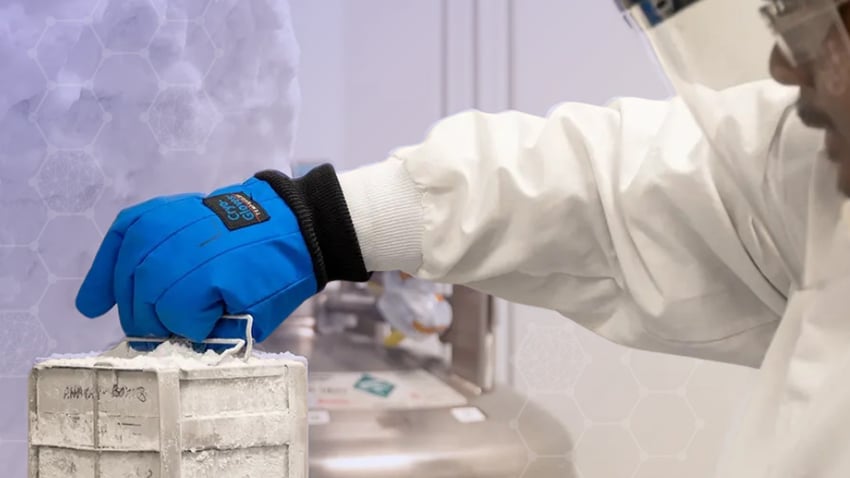
Rosnilimab, a selective depleter of pathogenic T cells, is a potential game changer for the treatment of moderate-to-severe rheumatoid arthritis (RA).
In a new Phase 2b clinical trial, rosnilimab demonstrated rapid symptomatic improvement driving patients into low disease activity (LDA) across diverse patient populations, including difficult-to-treat patients, by three months that continued to improve through six months. The data further indicated these responses were durable for at least three additional months off-drug. Rosnilimab also demonstrated favorable safety and tolerability, particularly when compared to the safety profiles of standard of care biologics or JAK inhibitors.1
“Witnessing rosnilimab, with its novel mode of action, dramatically reduce RA disease activity through six months in most patients, whether having failed biologic or targeted synthetic disease-modifying anti-rheumatic drug (b/tsDMARD) therapies or b/tsDMARD-naïve, is truly exciting for patients living with this disease and the field of RA treatment,” said Jonathan Graf, M.D., professor of Medicine, Division of Rheumatology at the University of California, San Francisco, and a lead investigator for the trial.
The U.S. RA market is valued at more than $20 billion. Even after patients have progressed on first-line biologics (anti-TNFs), the second line+ RA market generates more than $10 billion in annual revenue. For instance, rituximab, a B cell depleter with a significant adverse event profile including an increased risk of infection, prior to going off patent in 2018 and the entrance of biosimilars, achieved nearly $2 billion in annual RA sales. And today, despite biosimilar competition, it still maintains a significant share of last-line therapy sales in RA. Since 2012, no new treatment classes have been approved, and many RA patients cycle through different treatment therapies2, with up to a quarter not finding symptom relief.3
